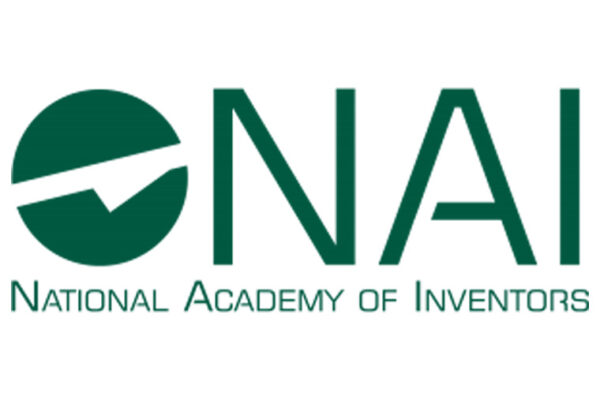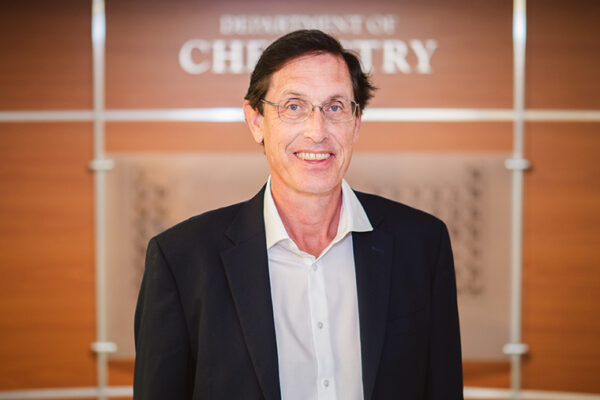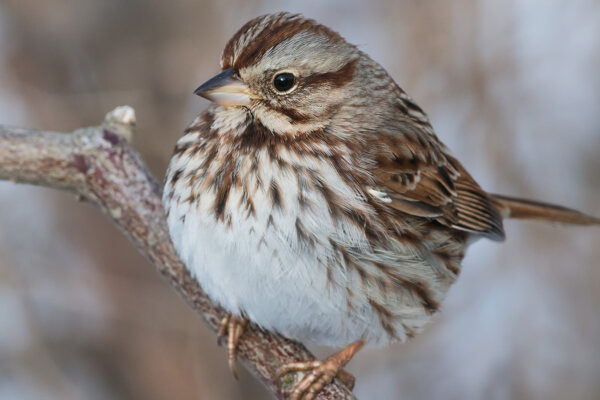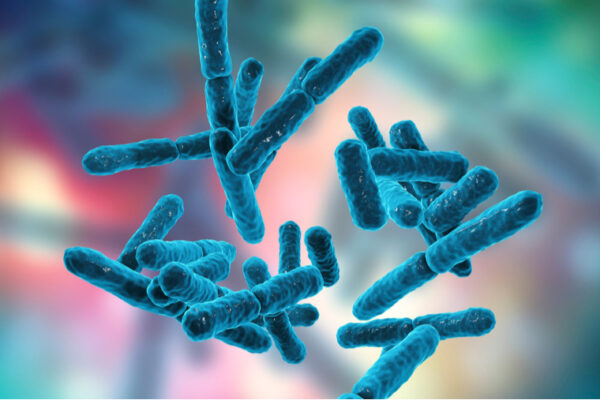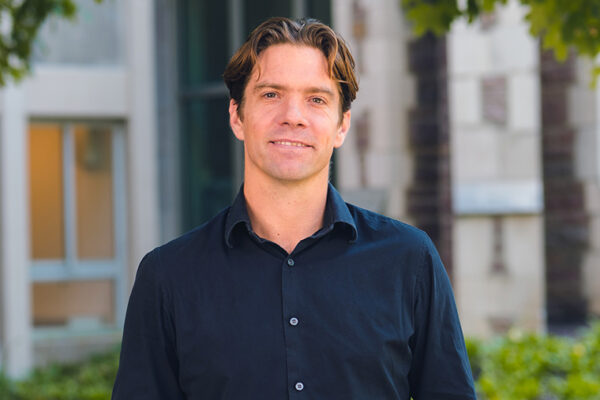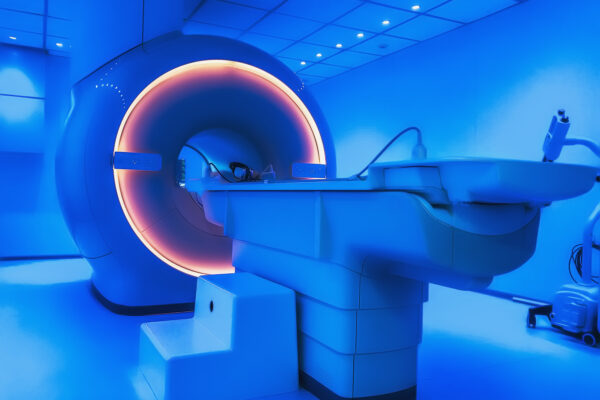Electronic signature tool available to campus community
WashU Information Technology is offering a tool, DocuSign, that provides a secure method for collecting electronic signatures on documents shared between colleagues within or outside the university. The method can save time and resources.
Six innovators named National Academy of Inventors senior members
Five researchers from the School of Medicine and one from the McKelvey School of Engineering have been named senior members of the National Academy of Inventors.
Ponder to study protein-ion binding
Chemist Jay Ponder, in Arts & Sciences, received a $152,775 supplemental award from the National Institutes of Health (NIH) for protein-ion binding research.
Brainy birds may fare better under climate change
Many North American migratory birds are shrinking in size as temperatures have warmed over the past 40 years. But those with very big brains, relative to their body size, did not shrink as much as smaller-brained birds, according to biologists in Arts & Sciences. The study in Ecology Letters is the first to identify a direct link between cognition and animal response to human-made climate change.
Reichhardt to continue cystic fibrosis research
Courtney Reichhardt in Arts & Sciences received a $110,000 postdoc-to-faculty transition award from the Cystic Fibrosis Foundation to continue researching the disease.
Moon develops targeted, reliable, long-lasting kill switch
Tae Seok Moon at the McKelvey School of Engineering has taken a big step forward in his quest to design a modular, genetically engineered kill switch that integrates into any genetically engineered microbe, causing it to self-destruct under certain defined conditions.
Murch wins naval research grant
Kater Murch in Arts & Sciences and collaborators at Indiana University-Purdue University Indianapolis won a $750,000 grant from the Office of Naval Research.
Shah wins Brooke Owens Fellowship
Engineering senior Vaishali Shah has been awarded the prestigious Brooke Owens Fellowship, which supports those interested in a career in the aerospace industry.
Reimagining textile production
Cotton fabric is natural, renewable, biodegradable and at least theoretically sustainable. With her patented RECLEM process, WashU fashion associate professor Mary Ruppert-Stroescu hopes to revolutionize how recycled fabrics are processed and used to create new garments.
MRI machines work, but why?
Research from the lab of Ulugbek Kamilov at the McKelvey School of Engineering begins to unravel the inner workings of deep learning algorithms used in imaging.
Older Stories

